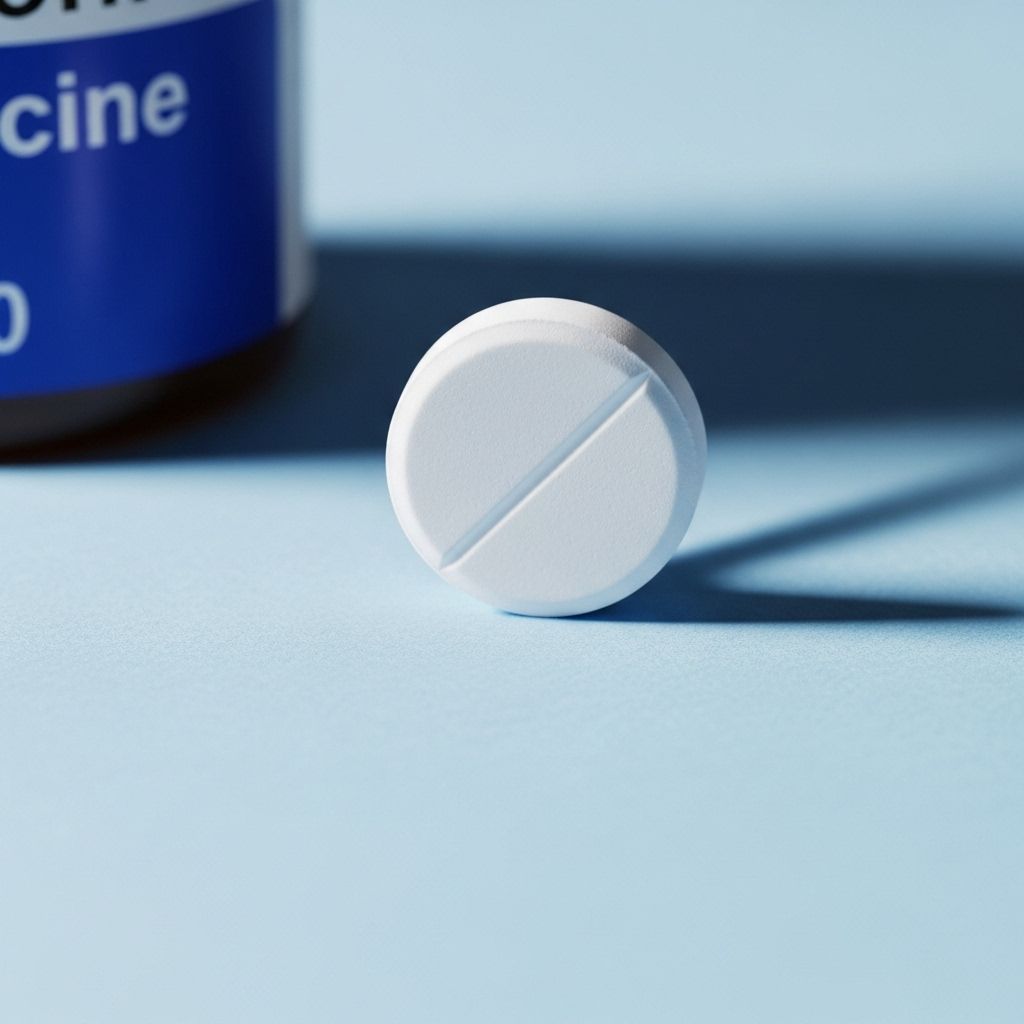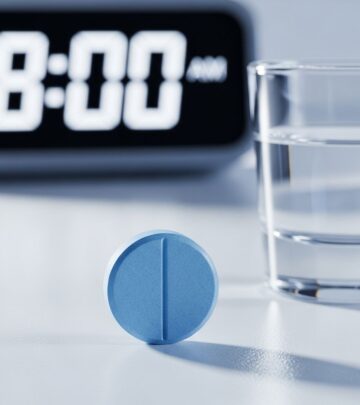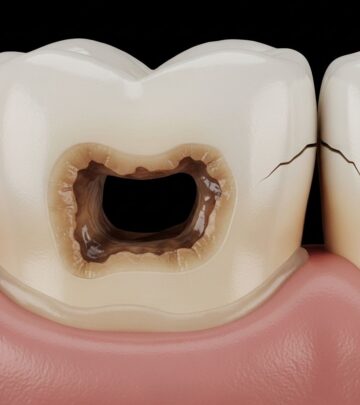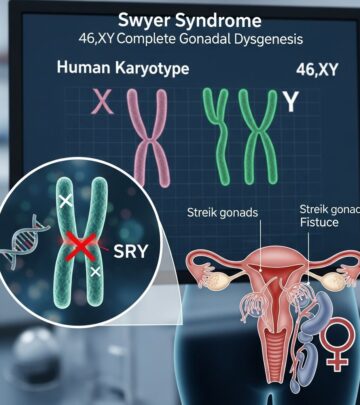Methylphenidate for Adults: Uses, Dosage, Side Effects & More
Comprehensive guide to methylphenidate for adult ADHD—uses, dosage, side effects, and key considerations

What is Methylphenidate?
Methylphenidate is a central nervous system stimulant prescribed to treat attention deficit hyperactivity disorder (ADHD) in both children and adults. It helps to increase attention, focus, and reduce impulsivity and hyperactivity by affecting certain chemicals in the brain. Methylphenidate is a controlled substance in the UK, meaning it comes with strict prescribing rules and regular monitoring is required.
Who Can Take Methylphenidate?
Methylphenidate is prescribed for adults diagnosed with ADHD when symptoms cause significant impairment in daily life. It’s not suitable for everyone—your doctor will review your medical history, mental health, and any history of substance misuse before starting treatment.
How and When to Take Methylphenidate
- Methylphenidate is usually taken once or twice daily, with or without food.
- Sustained-release formulations are designed for once-daily dosing in the morning.
- You may be advised to have a ‘drug holiday’ (temporary break from medication), especially if you experience side effects or your doctor wants to assess the need for ongoing treatment.
Dosage
Dosage varies depending on the individual, severity of symptoms, and response to treatment. Typical starting doses for adults are outlined below:
| Formulation | Starting Dose | Maximum Dose | Frequency |
|---|---|---|---|
| Immediate release | 5 mg 2–3 times daily | 100 mg daily | Divided doses |
| Prolonged release (12-hour) | 18 mg daily (morning) | 108 mg daily | Once daily |
| Modified release (8-hour) | 10–20 mg daily | 100 mg daily | Morning or divided |
The dose may be increased gradually under specialist supervision. Treatment is usually initiated and stabilised by a specialist, with ongoing care potentially shared with a general practitioner once the dose is stable.
How Does Methylphenidate Work?
Methylphenidate increases the levels of dopamine and norepinephrine in the brain, neurotransmitters associated with attention and impulse control. This helps improve concentration, focus, and reduce impulsive behaviors.
Monitoring and Review
- Regular monitoring is required to assess effectiveness, side effects, and the ongoing need for treatment.
- Blood pressure, pulse, height, and weight should be checked at least annually.
- An annual review of treatment is recommended, including discussion about whether to continue, adjust, or stop medication.
Side Effects
Methylphenidate can cause side effects, especially when starting treatment. Common side effects include:
- Headache
- Nausea or stomach pain
- Insomnia
- Anxiety
- Palpitations
- Dry mouth
- Decreased appetite and weight loss
- Mood swings
Serious side effects are rare but can include chest pain, difficulty breathing, seizures, and psychiatric symptoms such as suicidal thoughts. If you experience any severe or persistent side effects, contact your doctor immediately.
Precautions and Warnings
- Do not take methylphenidate if you have severe anxiety, tension, or agitation, glaucoma, or a history of heart problems unless advised by your doctor.
- Tell your doctor if you have a history of seizures, hypertension, bipolar disorder, or substance misuse.
- Methylphenidate can affect growth in children; regular monitoring of height and weight is essential.
- It may cause drowsiness or dizziness—avoid driving or operating machinery until you know how it affects you.
Interactions with Other Medicines
Methylphenidate can interact with many other medications, including:
- Antidepressants (especially MAOIs)
- Blood pressure medications
- Epilepsy medicines
- Cold or allergy remedies containing decongestants
Always inform your doctor or pharmacist about all medicines, including over-the-counter and herbal products, that you are taking.
Pregnancy and Breastfeeding
Methylphenidate is not generally recommended during pregnancy or breastfeeding unless specifically advised by a specialist. Discuss the potential risks and benefits with your doctor.
Stopping Methylphenidate
Do not stop taking methylphenidate suddenly without consulting your doctor, as this can cause withdrawal symptoms. The decision to stop or reduce your dose should be made by your specialist, who will monitor for any return or worsening of symptoms.
Frequently Asked Questions
Can I take methylphenidate if I drink alcohol?
Alcohol can increase the risk of side effects and is generally not recommended while taking methylphenidate.
Will methylphenidate affect my ability to drive?
Methylphenidate can cause dizziness or drowsiness, which may affect your ability to drive or operate machinery. Do not drive until you know how this medicine affects you.
How long does it take for methylphenidate to work?
Methylphenidate usually starts to work within 30 to 60 minutes after taking it, with effects lasting several hours depending on the formulation.
What should I do if I miss a dose?
If you miss a dose, take it as soon as you remember. If it is close to your next dose, skip the missed dose and continue as normal. Do not take double doses.
Can I take methylphenidate with food?
Methylphenidate can be taken with or without food, but some formulations may be affected by food—check with your pharmacist.
Is methylphenidate addictive?
Methylphenidate is a controlled substance and can be habit-forming if misused. Take it exactly as prescribed by your doctor and do not share your medicine with others.
Summary
Methylphenidate is an effective treatment for adult ADHD when used as part of a comprehensive management plan. It is important to follow your specialist’s instructions, attend regular check-ups, and report any side effects promptly. Treatment should only be started, adjusted, or stopped under specialist supervision.
Read full bio of medha deb












